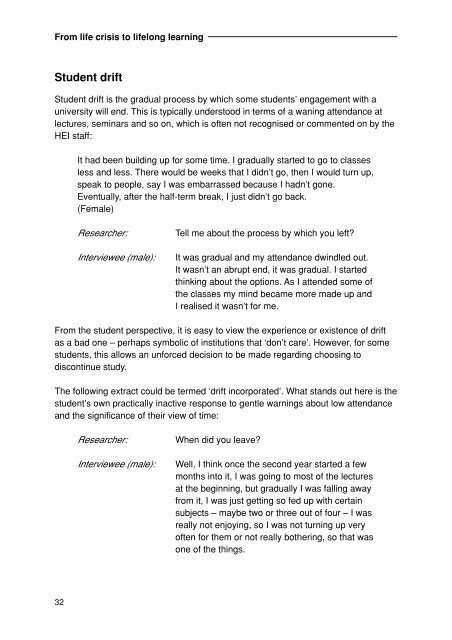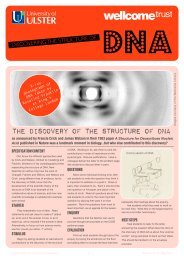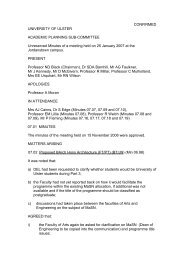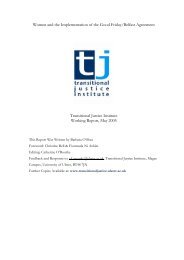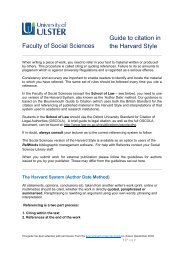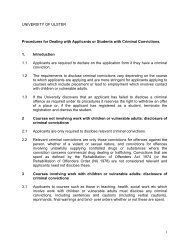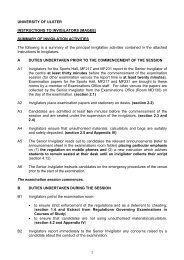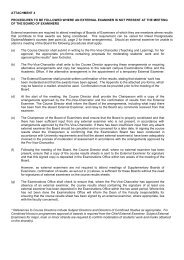From life crisis to lifelong learning: Rethinking working-class 'drop out'
From life crisis to lifelong learning: Rethinking working-class 'drop out'
From life crisis to lifelong learning: Rethinking working-class 'drop out'
You also want an ePaper? Increase the reach of your titles
YUMPU automatically turns print PDFs into web optimized ePapers that Google loves.
<strong>From</strong> <strong>life</strong> <strong>crisis</strong> <strong>to</strong> <strong>life</strong>long <strong>learning</strong><br />
Student drift<br />
Student drift is the gradual process by which some students’ engagement with a<br />
university will end. This is typically unders<strong>to</strong>od in terms of a waning attendance at<br />
lectures, seminars and so on, which is often not recognised or commented on by the<br />
HEI staff:<br />
32<br />
It had been building up for some time. I gradually started <strong>to</strong> go <strong>to</strong> <strong>class</strong>es<br />
less and less. There would be weeks that I didn’t go, then I would turn up,<br />
speak <strong>to</strong> people, say I was embarrassed because I hadn’t gone.<br />
Eventually, after the half-term break, I just didn’t go back.<br />
(Female)<br />
Researcher: Tell me about the process by which you left?<br />
Interviewee (male): It was gradual and my attendance dwindled out.<br />
It wasn’t an abrupt end, it was gradual. I started<br />
thinking about the options. As I attended some of<br />
the <strong>class</strong>es my mind became more made up and<br />
I realised it wasn’t for me.<br />
<strong>From</strong> the student perspective, it is easy <strong>to</strong> view the experience or existence of drift<br />
as a bad one – perhaps symbolic of institutions that ‘don’t care’. However, for some<br />
students, this allows an unforced decision <strong>to</strong> be made regarding choosing <strong>to</strong><br />
discontinue study.<br />
The following extract could be termed ‘drift incorporated’. What stands out here is the<br />
student’s own practically inactive response <strong>to</strong> gentle warnings about low attendance<br />
and the significance of their view of time:<br />
Researcher: When did you leave?<br />
Interviewee (male): Well, I think once the second year started a few<br />
months in<strong>to</strong> it, I was going <strong>to</strong> most of the lectures<br />
at the beginning, but gradually I was falling away<br />
from it, I was just getting so fed up with certain<br />
subjects – maybe two or three out of four – I was<br />
really not enjoying, so I was not turning up very<br />
often for them or not really bothering, so that was<br />
one of the things.


